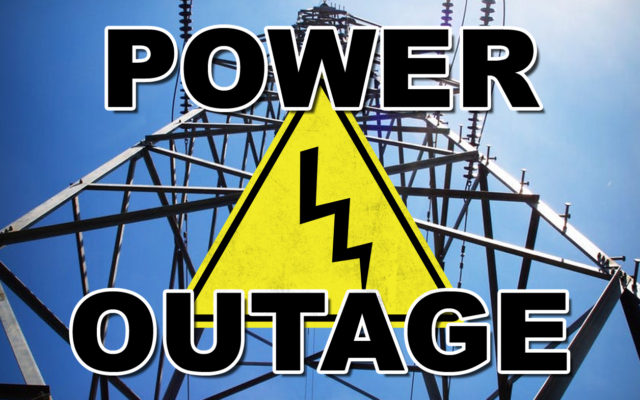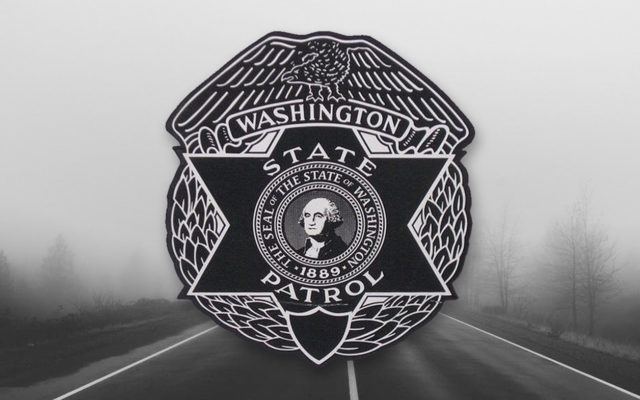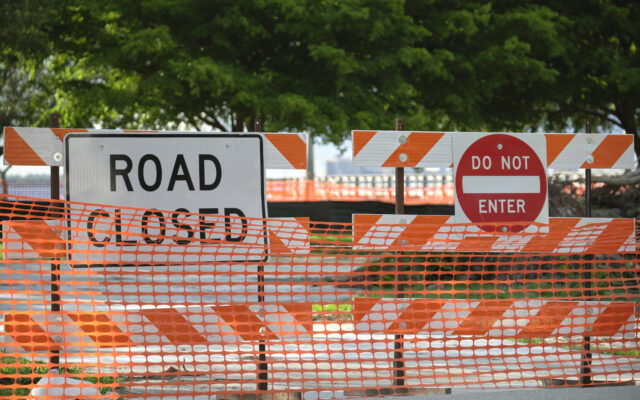Rep. Walsh looks to stop “ghost bills”

Local Representative Jim Walsh says that he has already prepared a measure for the next legislative session to halt “ghost bills”.
In a release, the 19th District Representative states that he wants to end the practice of introducing title-only bills and will be introducing legislation that would close a constitutional loophole that allows legislators to introduce bills that contain a title, but no content.
“It’s urgent we do something to restrict the use of this parliamentary trick. Title-only bills are essentially blank pieces of paper amended with text later. They cut the public out of the legislative process: no hearings, no debate and no chance for the people’s voice to be heard,” said Walsh. “Last session, a couple of substantial tax increases were passed under the shady cover of these so-called ‘ghost bills.’ That’s wrong. I’m committed to seeing this abuse of our system come to an end.”
According to the release, without a two-thirds vote to do so, the Washington State Constitution prohibits the Legislature from introducing a bill with fewer than 10 days before the end of session. Walsh says that legislators circumvent this requirement by introducing bills with a title or intent statement—but no content—before the 10-day deadline. These “ghost” bills are later amended to include the text of the legislation.
Walsh says that during the 2019 session, 26 title-only bills were introduced, with four passing. He tells KXRO that two were for “sizable tax increases affecting out-of-state banks and travel agents”.
“Over the years, both sides of the aisle have abused the public’s trust this way. Clearly, this workaround is not what the framers of the constitution had in mind. The public and members of the Legislature should be afforded the opportunity to evaluate legislation before it’s scheduled for a vote. If a bill merits being rushed through the process at the last minute, then it should be easy to get two-thirds support—just like the constitution requires,” Walsh added.
Walsh’s bill draft is said to include proposed time requirements for public review of legislation:
- A standing committee of the Legislature may not hold a public hearing on a bill unless the bill has been publicly introduced at least 72 hours before the public hearing.
- Proposed substitutes and striking amendments must be made publicly available 72 hours before a vote in either committee or by either body.
- Bills cannot be voted on by a committee or either body without a public hearing in the same calendar year.
The 2020 session begins January 13 and is scheduled to run 60 days.



